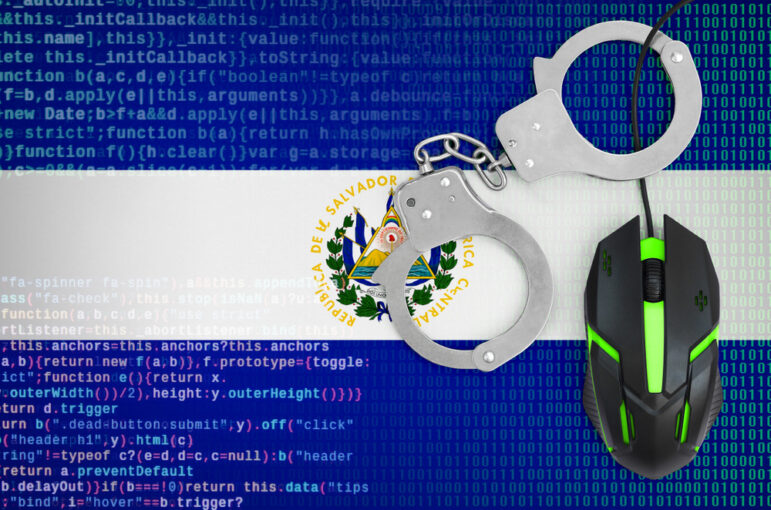
My Favorite Tools Reporting Tools & Tips
My Favorite Tools: El Salvador’s Jimmy Alvarado on Exposing Corruption
El Faro investigative journalist Jimmy Alvarado offers his favorite tools and techniques for exposing corruption.

El Faro investigative journalist Jimmy Alvarado offers his favorite tools and techniques for exposing corruption.
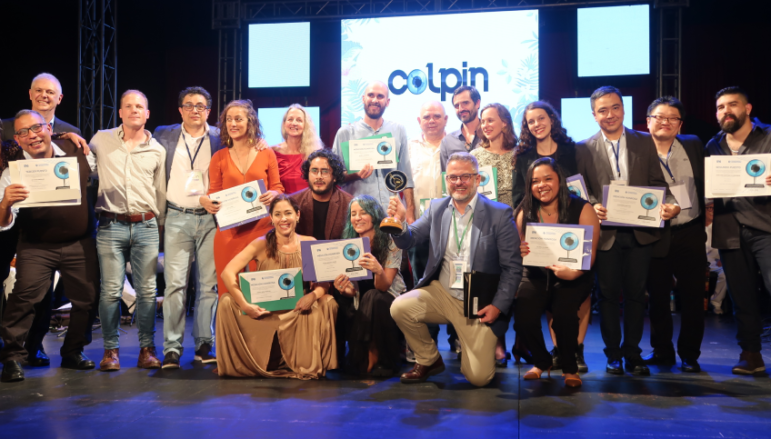
Accusations of sexual harassment against the head of a state-owned bank, the transnational growth and influence of Salvadorian gang MS13, and the striking accumulation of wealth by the president and his family in one of the poorest countries in Central America. These were some of the investigative topics among the prize-winning stories featured at the 2022 Latin American Conference on Investigative Journalism.

A press freedom crisis is rippling across Latin America and in some places the technological, legal, and physical threats have grown so severe that investigative journalists feel compelled to flee their home countries to keep reporting.
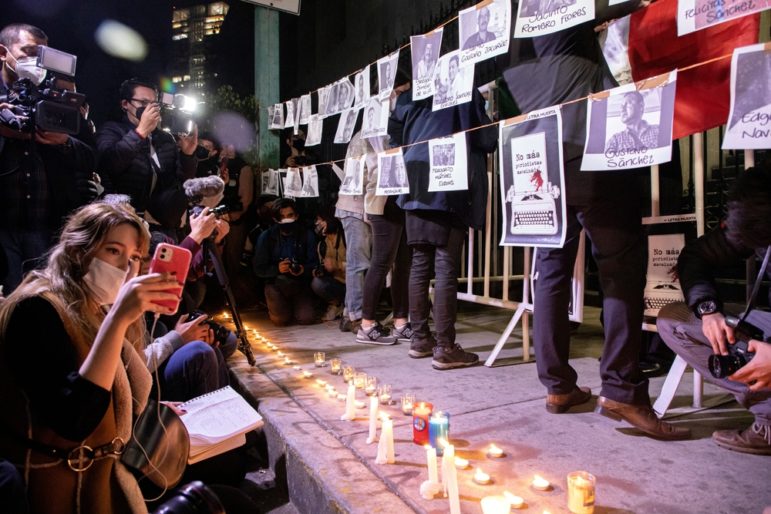
Latin American journalists have faced threats, attacks, and court proceedings just for doing their work. In a GIJN webinar, three leading investigative reporters recounted their experiences and gave their tips on how to face up to these challenges.
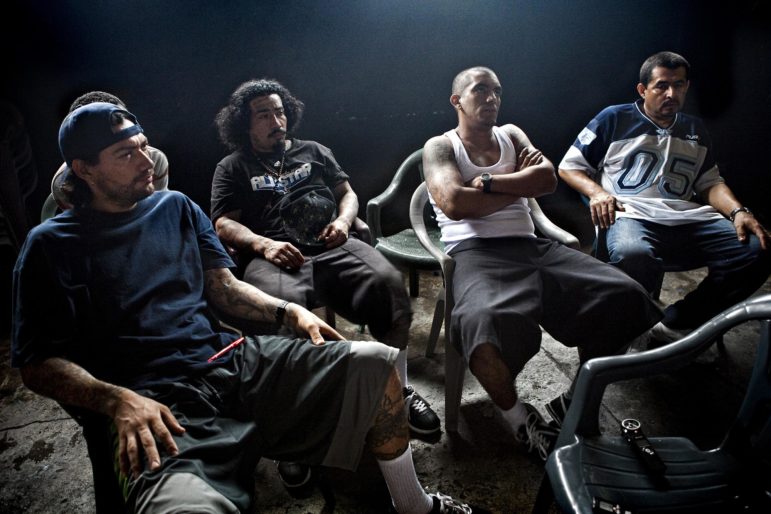
Since 1998, El Faro has fought for accountability in El Salvador, a Central American country saddled with stubborn poverty, a history of civil conflict, and pervasive criminal gangs. But after decades of investigating criminal organizations, corruption, and illegal practices by security forces, the newspaper might be facing one of its greatest challenges yet.

How should journalists investigate what has happened to people who have disappeared? What is the best way of dealing with their families, the organized crime groups often involved in the cases, and corrupt officials? Mexican investigative journalist Marcela Turati and Óscar Martínez from El Salvador, both specialists on reporting on transnational organized crime, shared their tips during GIJN’s Spanish language webinar.

The last time GIJN Spanish Editor Catalina Lobo-Guerrero was in El Salvador, she was so shaken up by stories of violence and sexism towards women there that she ended up writing an Op-Ed for The New York Times with the following opening line: “I don’t want to go back to El Salvador.” But last month she returned to the country to attend the ForoCAP, the Central American Journalism Forum.
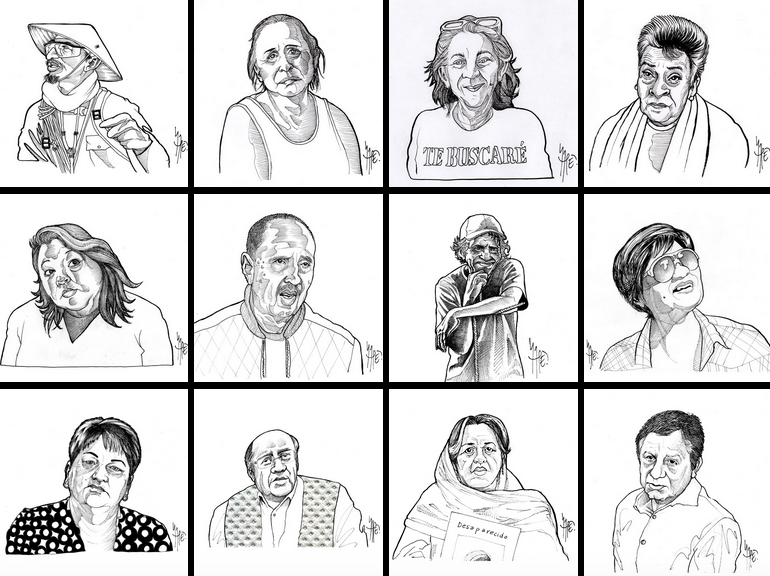
From uncovering Big Pharma’s influence on healthcare to investigating child rape in El Salvador or documenting Mexican families tracking their “disappeared” loved ones, Latin American muckrakers had a busy year in 2017.
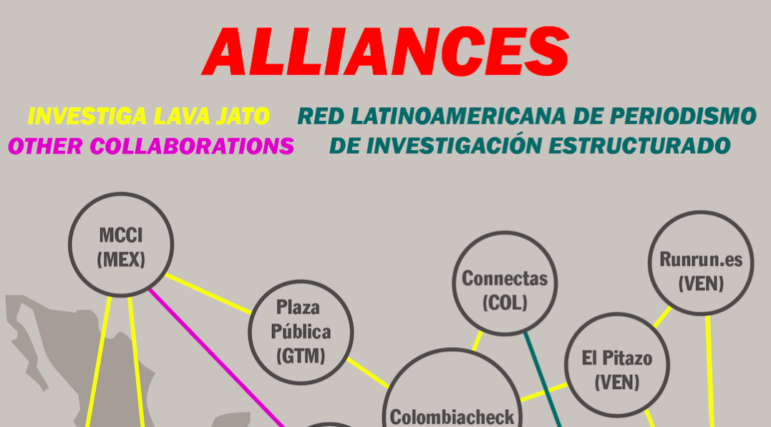
What appeared to be a case of money laundering done through a network of laundromats and car washes turned out to be the largest corruption network in Brazilian history, and one that ultimately extended to at least 12 countries. If it weren’t for the collaborative efforts of journalists and media houses across the continent – and into Africa – the whole story could not have been told.

It’s been a busy first quarter of 2017 for GIJN members — from picking up Pulitzer Prizes to launching crowdfunding campaigns. There have also been new projects and new collaborations forged. Here are some noteworthy splashes made by GIJN members around the world.